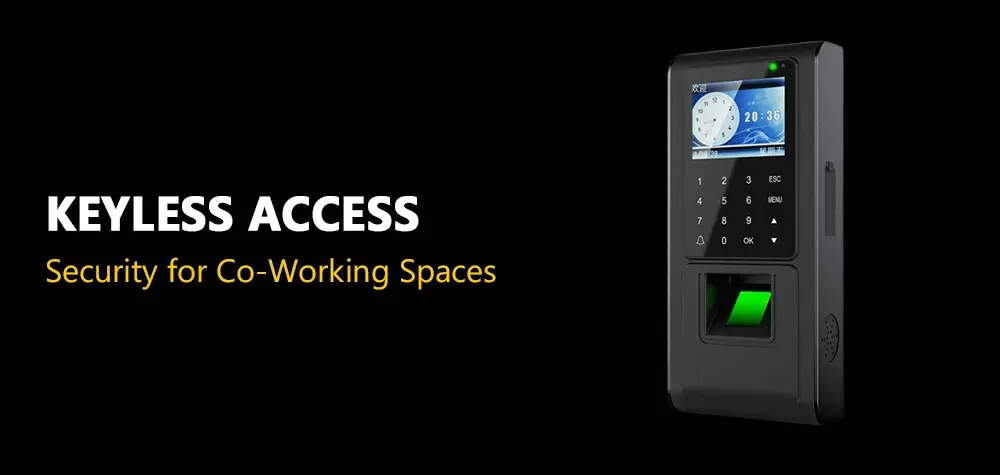Can You Copy a Key That Says ‘Do Not Duplicate’?
If you’ve ever looked at your key and noticed the words "Do Not Duplicate" engraved on it, you might have wondered just how enforceable that label is. Is it legally binding? Does it actually stop locksmiths or hardware stores from making copies? The answer isn’t as black and white as you might think.
The phrase "Do Not Duplicate" is primarily a request, not a legally binding restriction. It is intended to add a layer of security by discouraging unauthorized duplication, particularly in workplaces, apartment complexes, and high-security buildings. However, whether or not a key can be copied depends on various factors, including the type of key, where you go to duplicate it, and local laws.
How to Tell If Someone Has Tampered with Your Lock
Is It Illegal to Copy a ‘Do Not Duplicate’ Key?
In most places, copying a "Do Not Duplicate" key is not inherently illegal. The engraving is a recommendation rather than an enforceable law. Many standard hardware stores may refuse to copy such keys out of policy, but locksmiths often have more flexibility. The only time duplication is illegal is if the key is a restricted key system, which falls under patent protection and requires authorization from the key manufacturer.
Restricted keys differ from standard keys in that they are controlled by specific locksmiths or manufacturers who require proof of ownership or written permission before making duplicates. If your key belongs to a restricted system, copying it without authorization could have legal consequences.
Can You Actually Get a ‘Do Not Duplicate’ Key Copied?
The reality is, it depends on where you go. Many big-box retailers and hardware stores like Home Depot and Lowe's will refuse to copy a "Do Not Duplicate" key, adhering to company policies designed to minimize liability. However, many independent locksmiths are willing to duplicate such keys if you provide proof that you are the rightful owner.
If you need a copy of a "Do Not Duplicate" key, your best bet is to visit a reputable locksmith with identification and proof that you are authorized to duplicate the key. Some locksmiths might require written consent from the property manager or employer before making a copy.
Risks of Copying a ‘Do Not Duplicate’ Key
While it may not be illegal to duplicate these keys, there are still risks involved. If your key belongs to a business, apartment complex, or another organization, making an unauthorized copy could violate your lease agreement, employee contract, or company policies. This could result in penalties, eviction, or job termination.
Additionally, duplicating a key without permission can lead to security vulnerabilities. If too many copies of a key exist, the building's security can be compromised, leading to potential break-ins or unauthorized access.
Alternatives to Copying a ‘Do Not Duplicate’ Key
If you need additional keys but are unsure whether duplicating them is the right move, consider the following alternatives:
- Ask for Permission: If your key belongs to an employer, landlord, or institution, request additional copies directly from them. Many property managers provide extra keys for a small fee.
- Upgrade to a More Secure System: If security is a concern, consider switching to a keyless entry system or high-security locks that require authorization for duplication.
- Use a Master Key System: Some organizations use master key systems that allow different levels of access while controlling unauthorized duplication.
The Role of Locksmiths in Key Duplication
Professional locksmiths play a crucial role in ensuring that key duplication is done responsibly. While some locksmiths may refuse to duplicate "Do Not Duplicate" keys to avoid liability, others may be willing to do so if proper authorization is provided.
If you require a duplicate, always consult a licensed locksmith. They can also advise you on more secure alternatives, such as high-security locks that provide better control over key distribution.
Final Thoughts: Should You Copy a ‘Do Not Duplicate’ Key?
At the end of the day, copying a "Do Not Duplicate" key is usually possible but comes with ethical and potential legal implications. If you truly need an extra copy, the best approach is to go through official channels, obtain proper authorization, and consult a reputable locksmith.
Security is about more than just physical barriers; it's also about responsible key management. Whether you choose to duplicate your key or seek alternatives, making an informed decision will help you avoid unnecessary risks and ensure you remain compliant with any relevant policies or agreements.
Call Us Any Time!

BROTHERS LOCKSMITH
All Rights Reserved | brothers-locksmith.com
Privacy Policy

